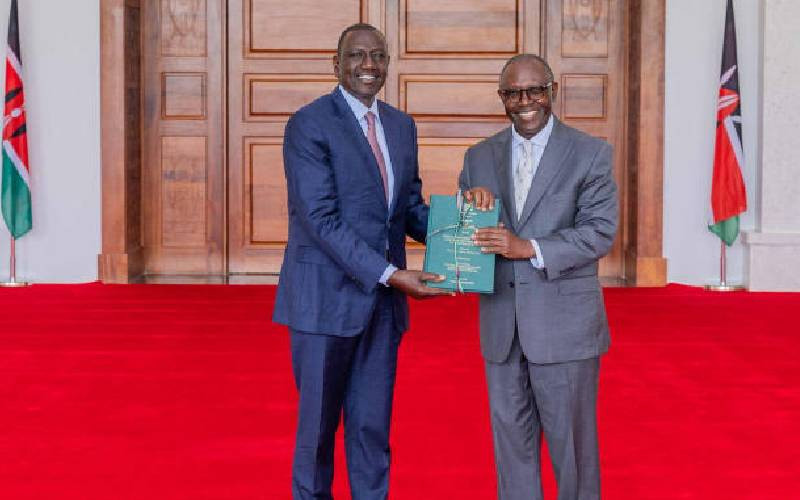×
The Standard e-Paper
Kenya’s Boldest Voice

The biggest culprits in the religious indoctrination business pulled out all stops to infiltrate and control the outcome of the task force on the review of the legal and regulatory framework governing religious organisations.
It did not help much that President William Ruto deployed the "big boys" they displaced in the field, to be members of the body that would straighten up things in the sector.







